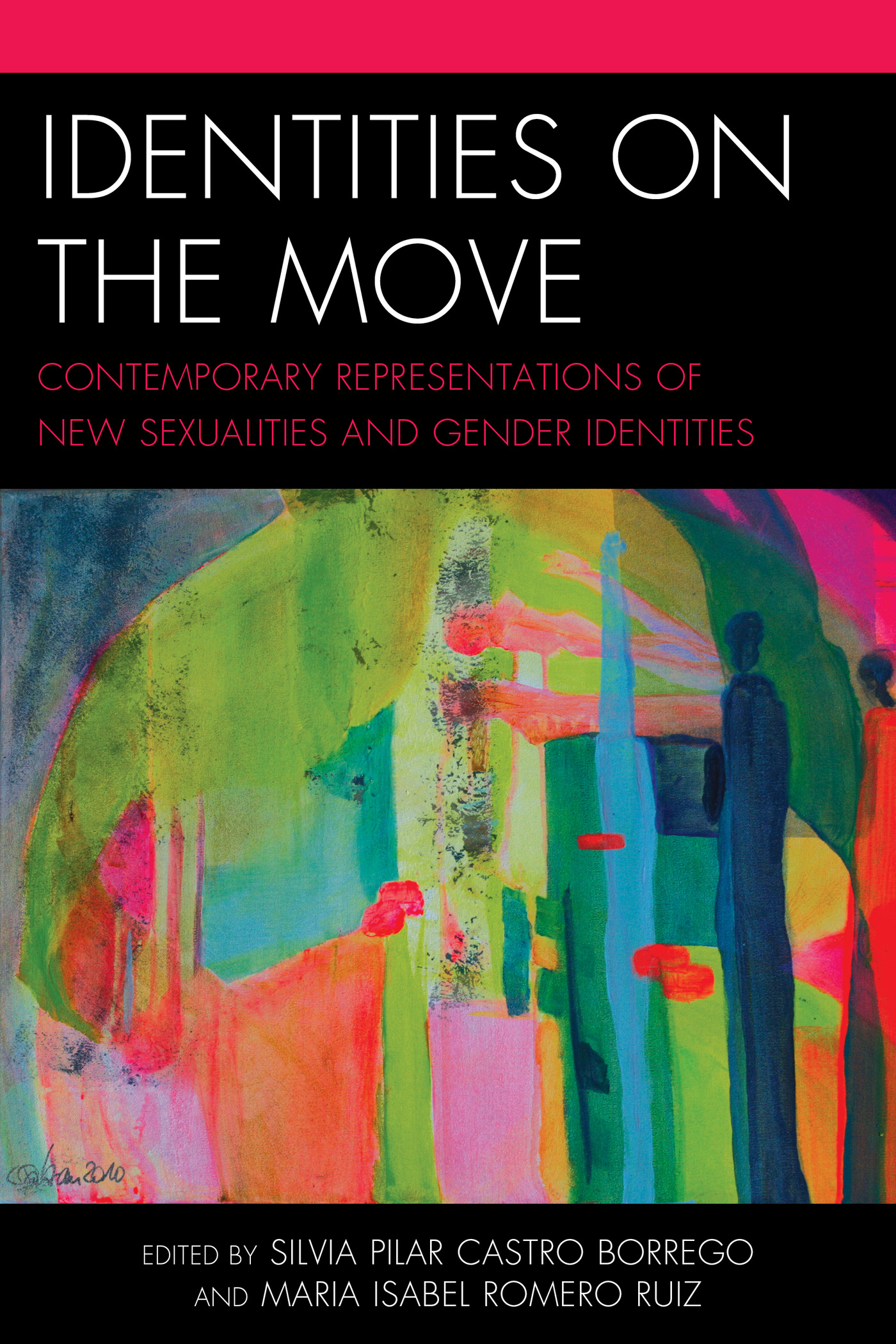Castro-Borrego Silvia Pilar - Identities on the move : contemporary representations of new sexualities and gender identities
Here you can read online Castro-Borrego Silvia Pilar - Identities on the move : contemporary representations of new sexualities and gender identities full text of the book (entire story) in english for free. Download pdf and epub, get meaning, cover and reviews about this ebook. year: 2015, publisher: Lexington Books, genre: Romance novel. Description of the work, (preface) as well as reviews are available. Best literature library LitArk.com created for fans of good reading and offers a wide selection of genres:
Romance novel
Science fiction
Adventure
Detective
Science
History
Home and family
Prose
Art
Politics
Computer
Non-fiction
Religion
Business
Children
Humor
Choose a favorite category and find really read worthwhile books. Enjoy immersion in the world of imagination, feel the emotions of the characters or learn something new for yourself, make an fascinating discovery.
- Book:Identities on the move : contemporary representations of new sexualities and gender identities
- Author:
- Publisher:Lexington Books
- Genre:
- Year:2015
- Rating:5 / 5
- Favourites:Add to favourites
- Your mark:
Identities on the move : contemporary representations of new sexualities and gender identities: summary, description and annotation
We offer to read an annotation, description, summary or preface (depends on what the author of the book "Identities on the move : contemporary representations of new sexualities and gender identities" wrote himself). If you haven't found the necessary information about the book — write in the comments, we will try to find it.
The Victorian preoccupation about the female body and sexual promiscuity was focused on the regulation of deviant elements in society and the control of venereal disease; homosexuals, lesbians, and prostitutes identities were considered out of the norm and against the moral values of the time. The relationship between sexuality and gender identity has attracted wide-ranging discussion amongst feminist theorists during the last few decades. The methodologies of cultural studies and, in particular, of post-structuralism and post-colonialism, urges us to read and interpret different cultures and different texts in ways that enhance personal and collective views of identity which are culturally grounded.
These readings question the postmodernist concept of identity by looking into more progressive views of identity and difference addressing post-positivist interpretations of key identity markers such as sex, gender, race, and agency. As a consequence, an individuals identity is recognized as culturally constructed and the result of power relations. Identities on the Move: Contemporary Representations of New Sexualities and Gender Identities offers creative insights on pressing issues and engages in productive dialogue. Identities on the Move to addresses the topic of new sexualities and gender identities and their representation in post-colonial and contemporary Anglophone literary, historical, and cultural productions from a trans-national, trans-cultural, and anti-essentialist perspective. The authors include the views and concerns of people of color, of women in the diaspora, in our evermore multiethnic and multicultural societies, and their representation in the media, films, popular culture, subcultures, and the arts.
Castro-Borrego Silvia Pilar: author's other books
Who wrote Identities on the move : contemporary representations of new sexualities and gender identities? Find out the surname, the name of the author of the book and a list of all author's works by series.

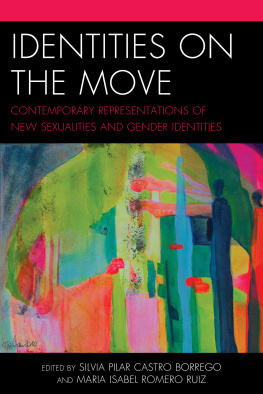
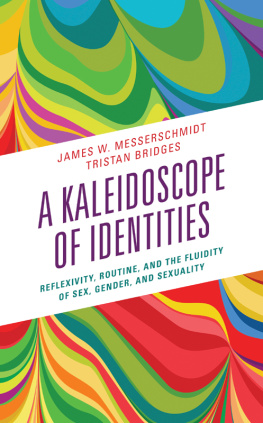
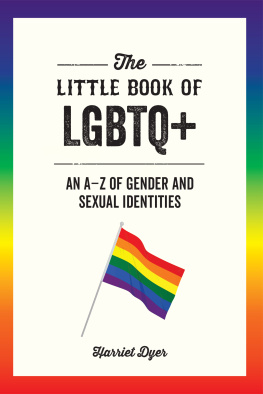
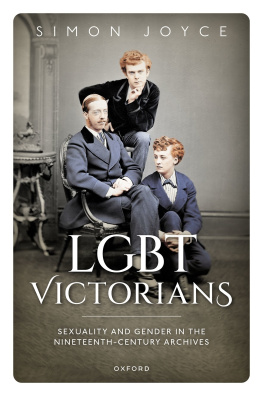

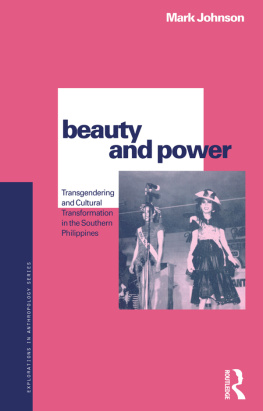
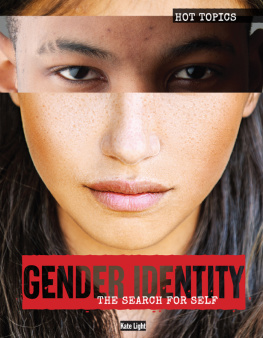
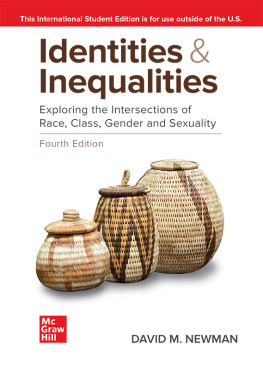
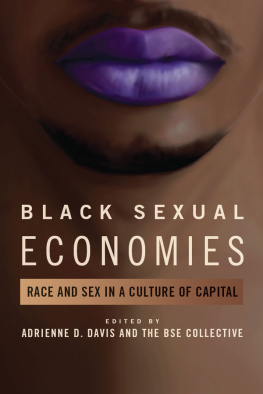

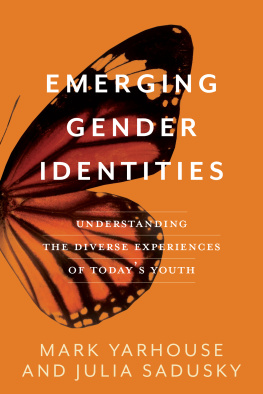
 TM The paper used in this publication meets the minimum requirements of American National Standard for Information Sciences Permanence of Paper for Printed Library Materials, ANSI/NISO Z39.48-1992.
TM The paper used in this publication meets the minimum requirements of American National Standard for Information Sciences Permanence of Paper for Printed Library Materials, ANSI/NISO Z39.48-1992.